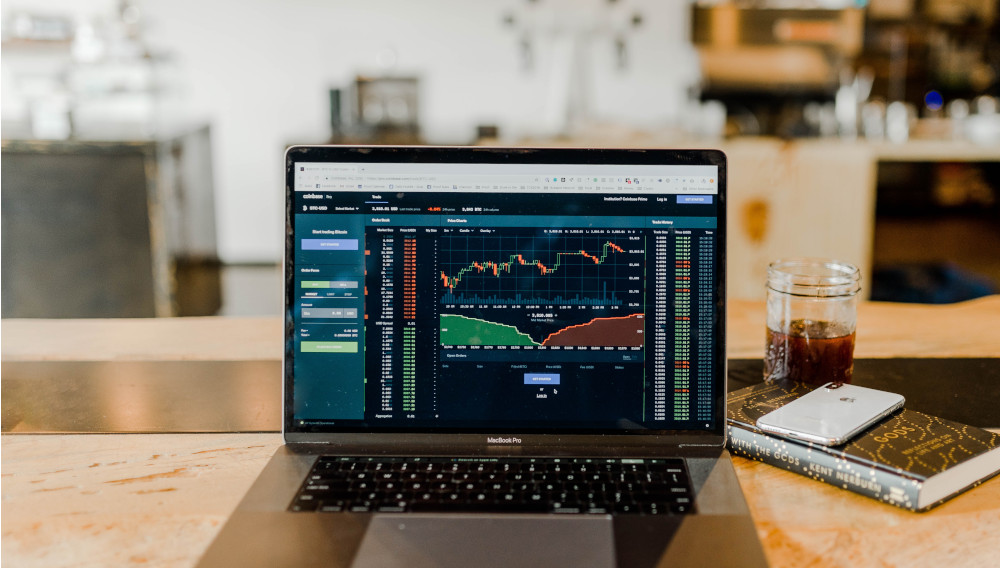AB-InBev waives option to buy remaining stake in Craft Brew Alliance
USA | AB-InBev let a deadline to buy all of Portland-based Craft Brew Alliance pass on 23 August 2019. Under a 2016 agreement, it had until the following day to purchase the rest of CBA’s shares, it did not own, for a pre-determined price of USD 24.50 per share. The decision sent shares of CBA down.
CBA is a stock market-listed company. Apart from Widmer Brothers, one of Oregon’s pioneering craft breweries, CBA owns Kona Brewing of Hawaii, Redhook Brewery of Seattle, Appalachian Mountain Brewery of North Carolina, Wynwood Brewing of Florida, Cisco Brewers of Massachusetts, as well as Portland’s Square Mile cider company and Omission Brewing. It also owns pH Experiment, a maker of hard seltzers being developed in Portland.
CBA was formed in 2008, when Widmer Brothers and Redhook merged. Each had pre-existing distribution agreements with AB-InBev, which also owned a minority stake in each business. AB-InBev ended up with a 31 percent stake in the combined company, and has two seats on CBA’s eight-member board. The rest of the shares are held by investors.
The company produced more than 840,000 hl beer in 2018 and was ranked 12th largest brewing company in the US by the Brewers Association (BA). The BA does no longer consider CBA a craft brewer.
CBA reported a turnover of USD 206 million last year, roughly in line with 2017, and profits of USD 4.1 million. It employed 665 people at the end of 2018.
Group beer sales have stagnated over the past decade, despite significant swings among its brands. Widmer is no longer the group’s dominant brand. Reports say that Widmer’s volumes declined to about 120,000 hl beer in 2018, from nearly 350,000 hl in 2010, whereas Kona’s Longboard Island Lager has helped drive sales of the Hawaiian brand above 520,000 hl last year.
To the surprise of really no one, AB-InBev chose to not exercise an option to buy the entirety of CBA. That option was part of a deal, negotiated in 2016, which pre-determined the price of USD 24.50 per share, which equals a price tag of USD 475 million for the whole company.
However, before the deadline, CBA’s shares were trading at only USD 12. Unsurprisingly, AB-InBev balked. They would have had to massively overpay for a portfolio of brands that are mostly dowdy and not going anywhere, except for Kona. Also, AB-InBev has meanwhile snapped up far more promising US craft beer brands, the latest being Platform brewery from Ohio in early August. What is more, all the action now is in hard seltzers. Therefore, AB-InBev chose to pay the pre-negotiated fee of USD 20 million to CBA to opt-out instead.
The news caused CBA stock to drop to its current price of about USD 10 per share, which translates into a market value of USD 195 million for CBA.
CBA’s Chief Executive Andy Thomas called AB-InBev’s decision “disappointing”. Mr Thomas had been under pressure from shareholders to sell. He now faces the unenviable task to come up with an alternative plan to “maximise shareholder value” – whatever that will be.
AB-InBev said it does not plan to abandon its relationship with CBA. Marcelo Michaelis, President of AB-InBev’s Brewers Collective, said: “While we are not making an offer to purchase the remaining shares of CBA, our existing commercial partnership with CBA continues to be a key complement to our industry-leading craft portfolio and we look forward to working together for many years to come.”
The partnership between AB-InBev and CBA includes a master distribution agreement, which runs until 2028, and agreements for contract brewing and international distribution, which remain intact through 2026.
Authors
Ina Verstl
Source
BRAUWELT International 2019

